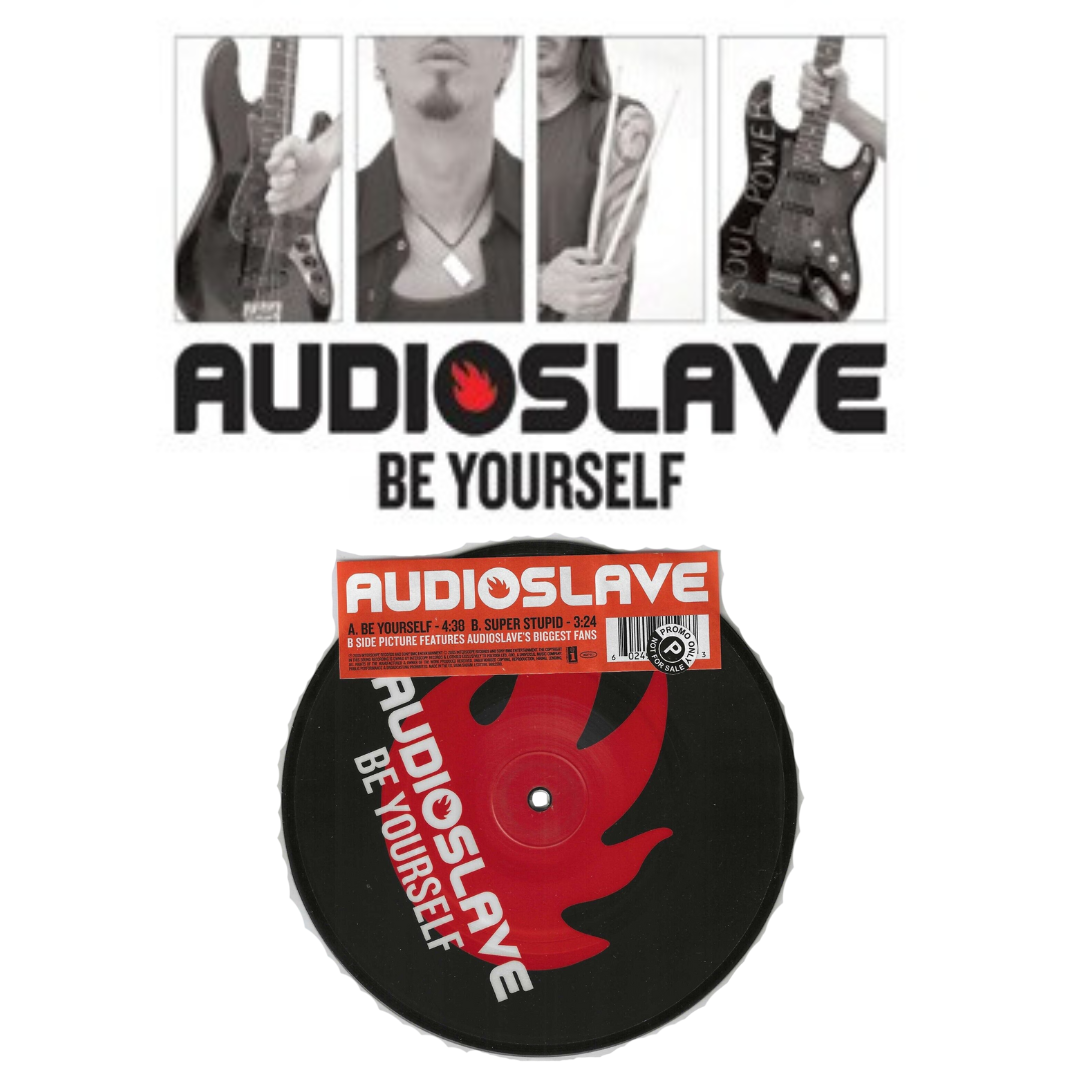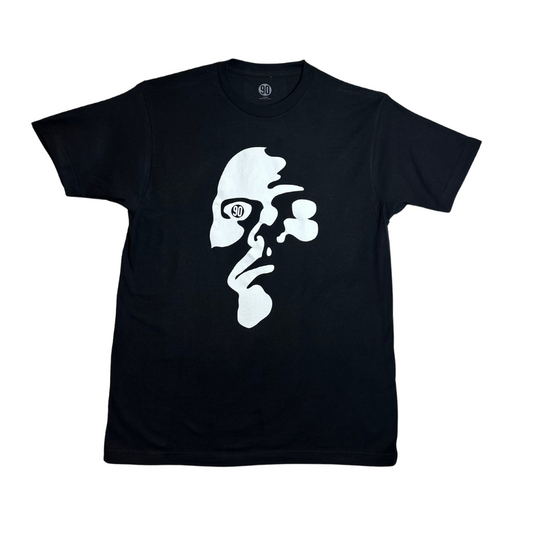On February 2, 2005, Audioslave released Be Yourself as the lead single from their second album, Out of Exile. At the time, the band was in a very different place than they had been just a few years earlier. Their self-titled debut in 2002 had been an experiment—a supergroup composed of three-fourths of Rage Against the Machine and Chris Cornell from Soundgarden, two forces that had shaped ‘90s rock in very different ways. There was skepticism at first, questions about whether the chemistry would work. But by the time Be Yourself came out, Audioslave wasn’t just a collaboration anymore. They were a band with an identity, something distinct from their pasts but still deeply connected to their roots.

The song was unlike anything they had done before. It wasn’t as heavy as Cochise, nor as anthemic as Like a Stone. Instead, it was straightforward, introspective, carried by Cornell’s voice and Morello’s atmospheric guitar work. It felt personal, reflective—a song that didn’t need to be loud to be powerful. It was, in many ways, a message of clarity in the middle of all the noise.
By 2005, Audioslave had already proven themselves commercially, but Be Yourself became something more than just another rock hit. It was the kind of song that people latched onto for years, one that lived outside of its era. It resonated with those at a crossroads, those trying to figure out who they were, those who needed a reminder that it was okay to exist exactly as they were. It wasn’t flashy, but it stuck.

Chris Cornell had always been someone whose voice felt larger than life, and in Be Yourself, he stripped everything back to something simple. There was no anger here, no existential unraveling, just a quiet kind of acceptance. It was different, and that difference was exactly why it worked.
The music video, directed by Francis Lawrence, reflected that same feeling. There were no elaborate visual effects, no complicated storylines. It was just the band, performing in a dimly lit space, letting the music speak for itself. Cornell had said that they wanted something honest, something that felt real. It was a stark contrast to the over-the-top productions of other bands at the time, and in doing so, it captured exactly what made Be Yourself special.
It wasn’t just a song. It was a feeling.

When Be Yourself was released, it quickly climbed the charts, hitting #1 on Billboard’s Mainstream Rock and Modern Rock Tracks. It became one of Audioslave’s signature songs, one that would be played at every show, one that fans would sing along to with their eyes closed, their hands in the air. It didn’t need an explanation. Everyone who heard it seemed to just get it.
Now, two decades later, Be Yourself has become one of those songs that people return to. It’s survived beyond its release, beyond the band itself, beyond the era it came from. It’s a song that still gets played when people need a reminder to hold onto themselves, to not be swallowed by expectation or pressure.
Chris Cornell left us in 2017, but his voice, his presence, his wisdom—those remain. Be Yourself is proof of that. It’s one of those songs that doesn’t belong to any single moment in time. It belongs to everyone who has ever needed to hear it.








